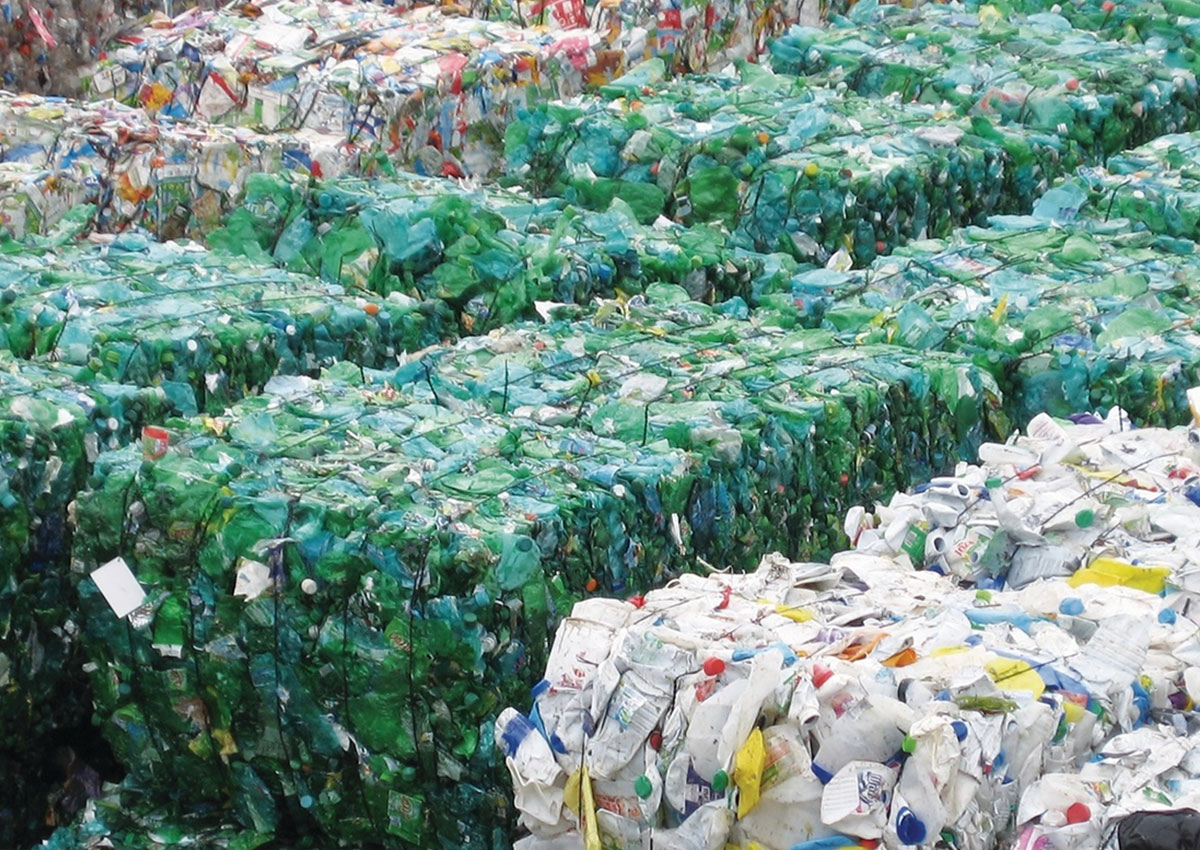Introduction of the workshop topic (Plastic) Waste Management and Business responsibility and opportunities.
Divided in different Groups we all have a role to play. Whether you are a producer, a user, a recycler, distributor or a collector. Key players in the (Plastic) Waste management ecosystem share the impacts and programs in place, and invite businesses to join. How do businesses go about plastic in the Retail Industry? Where do you leave your E-Waste? Is Farm waste not of Value? Is there a business that collects my waste and recycles it? Can we form groups that start with take back action? Per value chain, small groups that lead the change and front run.


